Considering the recent past alone, the Parliamentary results clearly build on a process of politicisation that was catalysed by the crisis and the Aragalaya. People are talking everywhere, and they are enthusiastic despite the enduring pressures of crisis and austerity on their households. But we need to remind ourselves that this moment represents a movement with a long genealogy, and not only a charismatic individual. It is now up to a wide set of progressive forces extending beyond the immediate NPP coalition to capitalise on the energy of the electoral victory and channel it in the appropriate direction
In the early hours of Friday, 15 November, it became clear that the National People’s Power (NPP) coalition had won a decisive mandate in the Parliamentary election. It was an earth-shaking rejection of the establishment across the island. The question remains whether the NPP will realise it must work with other groups, parliamentary and extra-parliamentary, on the national question and the economic crisis. For some, there will be a tendency to overstate the victory by solely attributing it to forces within the coalition. This can lead to hubris. But we can be hopeful as well that there will be new entrants to Parliament who can bring a fresh attitude towards State power.
Meanwhile, will Anura Kumara Dissanayake and the top leadership grasp the true significance of their achievement? Will they see it not because of personal charisma, or even the NPP’s ground game, however good that may have been, but as the channel for a tremendous cry of frustration? Will they recognise the demand for a major break with the prevailing structures governing not only politics but the economy? How else can we explain how the NPP could go from roughly 4% of the vote in the 2020 Parliamentary election to over 60% in one electoral cycle? In this sense, the shuddering rejection of the establishment should humble those who won. No matter how effective the NPP’s long game has been, the sheer scale of victory is clearly a sign of powerful forces at work.
Collective agency
Of course, for cynical nationalist observers outside the NPP as well, they may take a reductive approach to the results. Are they not a sign of outside manoeuvring, the same kind that cultivated the Aragalaya and launched a “colour revolution” against an incumbent President in 2022? The tendency to reduce Sri Lanka’s politics to the machinations of great powers is the flip side of the same coin that reduces or ignores the collective agency of the people. But if the NPP victory is to be understood in its appropriate historical context, it must be grasped as the culmination of successive changes in regime. Time and again, the Sri Lankan people have stood face to face with their rulers and demanded more. Despite the framing of the “74-year curse,” the NPP’s slogan in 2022, the reality is that democracy has always been at work.
In this sense, the victory of the NPP is merely the latest appearance of things. But the task is to grasp the underlying reality. In today’s case, the tremendous shift in consciousness that has been occurring since the economic crisis. The NPP, of course, no doubt made highly effective moves to capitalise on the wave. It successfully intervened in shifting popular frustration towards hopes and dreams for a new ‘national liberation’ struggle, rather than in an outwardly xenophobic direction. But we must analyse the results in terms of all the other historical factors at play. The NPP now has a massive responsibility not to squander the moment of unity and mobilisation. It is crucial to shift from campaigning to governing by convincing people of both the necessity and possibility of alternatives to rebuild the economy from the ground up.
Deeper significance
The question remains, what can broader progressive forces contribute to hammering the parliamentary results into a form that can accommodate the wide hopes of the people? Is it possible to encourage ‘subalterns’ at the ground level of organisation in the NPP’s vast electoral machine to consider the new degree of manoeuvre at the national level? What sorts of interventions will be most effective? What subtle dialectic is necessary, between critique of the NPP’s limitations and endorsement of the underlying energies motivating this massive parliamentary victory? There is no single answer of course. But to start, it will take every effort to envision both the presidential and parliamentary elections as part of a road with many challenges ahead. The definition of national liberation must be widened to encompass not only a revolt against the reeling political establishment, but also the structural forces that shape Sri Lanka’s subordination to a crumbling global order.
That includes resistance to the conditions of austerity mandated by the IMF Agreement, no less than a serious rethinking of Sri Lanka’s role in the world and its potential ability to contribute to a new movement of debt distressed countries that are considering alternatives. Self-styled realists and supposedly hard-headed economists may downplay or dismiss such concerns. But the culmination of the protest wave in the unprecedented electoral victory of an outsider coalition should make it clear that people do not feel that their needs have been met under the current arrangements. At the same time, as Machiavelli famously put it, it is much more difficult to pioneer a new order of things, “Because the innovator has for enemies all those who have done well under the old conditions, and lukewarm defenders in those who may do well under the new.”
Drawing contrasts
That makes it even more essential to draw the correct conclusions in analysis. This victory is not merely the reflection of leadership and organizing, however effective it may have been. But if it expresses an underlying frustration with the political and economic order, then what are the appropriate contrasts that can be drawn? The run-up to the elections involved a lot of redbaiting. That included claims that the NPP, because of its inexperience, would mismanage the economy and introduce crackpot ideas that would return Sri Lanka to disastrous queues. But, in fact, the accompanying exercise in delegitimization has dismissed entire traditions of thought in areas such as development economics, which have in fact had extraordinary relevance for Sri Lanka.
Of course, it will not be enough to draw from textbook recommendations in either case. Much will depend on experimentation while cultivating a better sense of the ground-level challenges. Moreover, there needs to be a substantive class analysis that recognizes the degree to which capital must bend towards labor, in areas from redistribution to investment in local production, to create a more sustainable regime. But the focus must also include the new institutional arrangements that can be brought forth to realize conscious efforts to remake the economy, which falls under the broad definition of planning. That mechanism must be a response to the overwhelming failures of the open economy and its collapse into crisis.
The wider movement
While we may debate the overall degree and extent of state intervention, it must be clear that with the NPP victory, now is the time to build on popular enthusiasm in a way that can make government more participatory and inclusive. Moreover, the interaction between the state and semi-autonomous organisations in civil society must reflect a broader shift to democratise the economy, as much as relations between State and society. That means building the capacity in local food production through cooperatives, as much as pursuing other alternatives that could be considered part of a dynamic industrial policy. Finally, the shift requires an entirely new vision of development, breaking with a narrow tourism and export focus and speaking directly to working people’s needs. That means drawing from previous efforts in Sri Lanka’s history to pursue a non-aligned path while renewing our understanding of self-sufficiency.
Considering the recent past alone, the Parliamentary results clearly build on a process of politicisation that was catalysed by the crisis and the Aragalaya. People are talking everywhere, and they are enthusiastic despite the enduring pressures of crisis and austerity on their households. But we need to remind ourselves that this moment represents a movement with a long genealogy, and not only a charismatic individual. It is now up to a wide set of progressive forces extending beyond the immediate NPP coalition to capitalise on the energy of the electoral victory and channel it in the appropriate direction. We must avoid the risk that popular hopes become deflated and ultimately curdle into resentment. In this sense, the wager is that in this moment of crisis, it is far more dangerous to avoid creating a new order of things, rather than experiment.
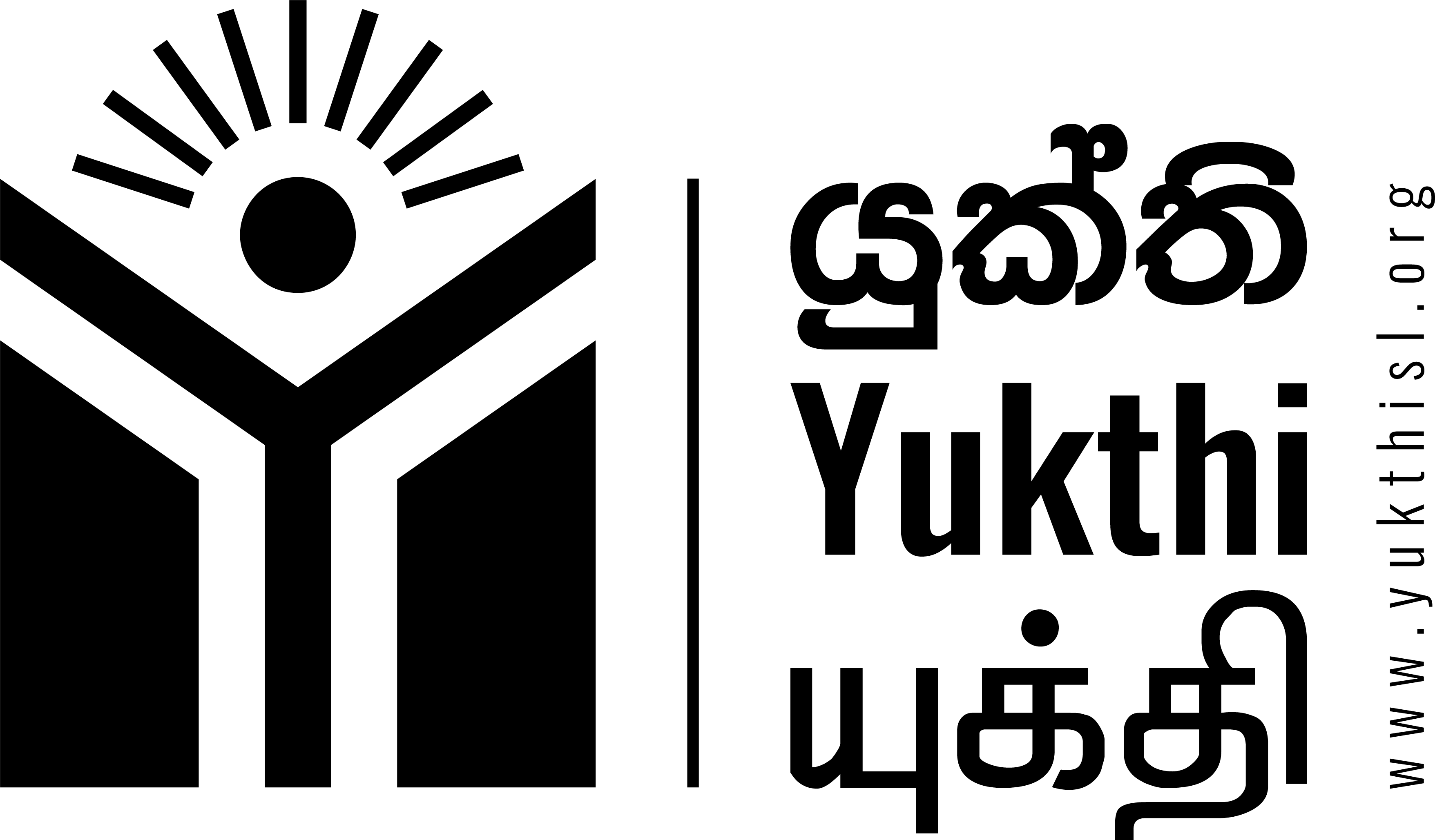

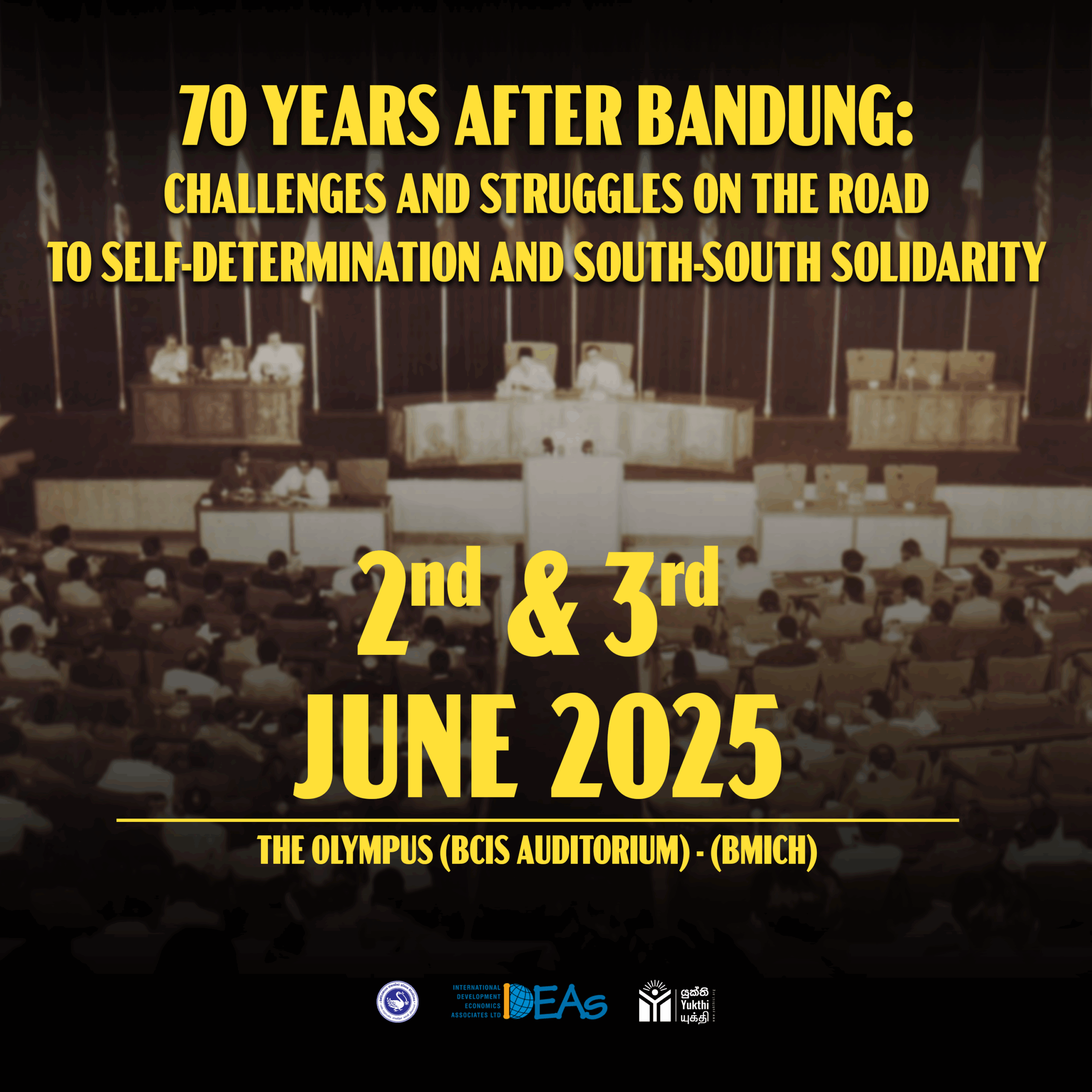
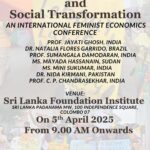

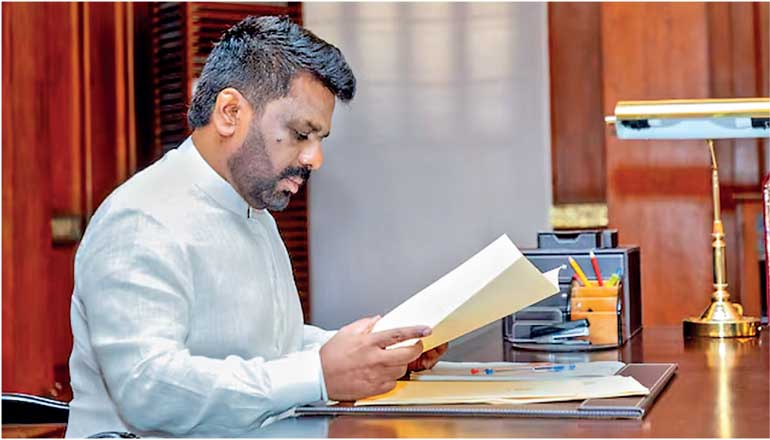




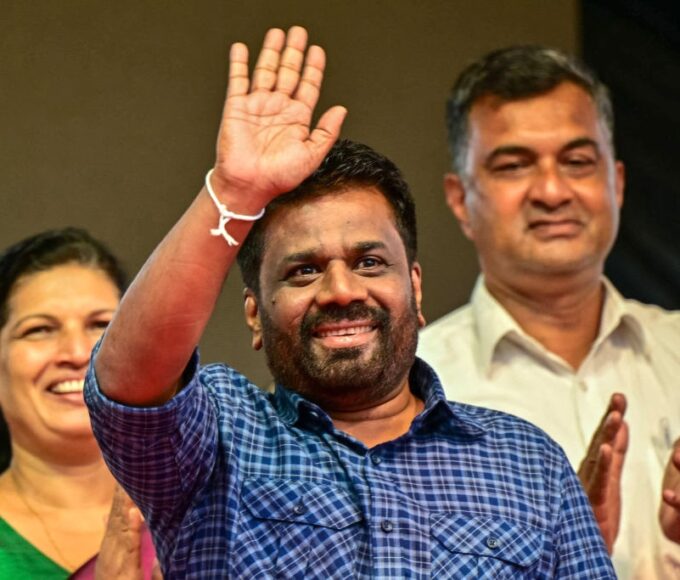


Leave a comment